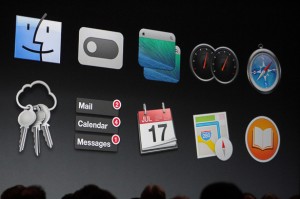
Text and photos by Gadjo Cardenas Sevilla
San Francisco, CA: Trading the old for the new. Apple has aggressively introduced a revamped mobile OS in iOS 7 and a new OS X Mavericks.
Apple is clearly living in the post Steve Jobs era. The last vestiges of the original iOS as well as OS X pioneered by the iconic founder, are giving way to a whole new software and design language at Apple. The revelations at this year’s WWDC (World Wide Developers Conference) emphatically answered the question, “can Apple still innovate?”
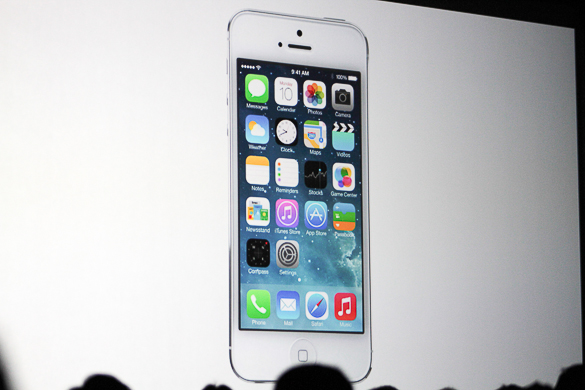
iOS 7: Is now the most advanced and freshest looking mobile OS around
While visually and functionally different from previous versions, the new iOS and OS X still focus on simplicity and ease of use in a big way.
iOS, now the oldest of the modern mobile operating systems, was starting to look and feel dated and with iOS 7, design icon Jony Ive pushed for a flatter, simpler and more iconic design while introducing a number of useful features.
The move from the bubbly old icons with obvious references to what the apps or functions were supposed to do, to a simplified and visually striking OS replete with animations and new gestures is timely.
There were digs against the old Apple design principles, the skeumorphic elements, the simulated cow leather and felt used to give apps and icons a friendly and recognizable (albeit childish) character.
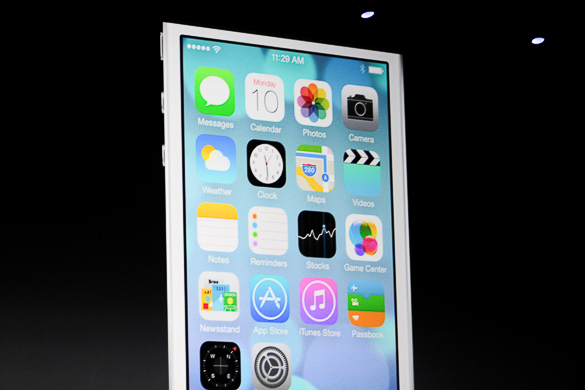
What is old is new again: iOS 7 is the latest, greatest mobile OS
The new look is features simplified text and images, a sexy new typeface, transparent layers and parallax 3D effects that make the homescreen come alive.
“There is a profound and enduring beauty in simplicity, in clarity, in efficiency. True simplicity is derived from so much more than just the absence of clutter and ornamentation—it’s about bringing order to complexity,” said Jony Ive, Apple’s senior vice president of Design.
Apple borrowed some of the better ideas from the competition, and from the looks of it, implemented them quite nicely into iOS 7.
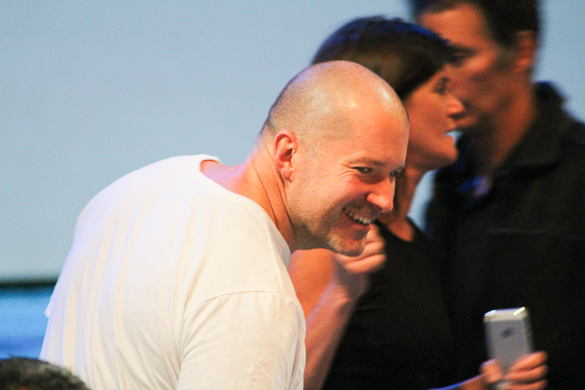
The quiet genius : Sir Jony Ive is Apple’s visionary now and his focus on simplicity is the company’s signature
Most notable is an improved multitasking feature that’s reminiscent of Palm’s ill-fated webOS that makes it ease to manage multiple apps and flick away the ones you no longer need. iOS 7 also counters one of rival OS Android’s biggest features, the ability to beam files between users by tapping devices.
Apple’s AirDrop, a feature inherited from Mac OS, uses peer-to-peer WiFi for any number of iOS powered devices (and presumably Macs) to share files for as long as they are within range. No need to tap devices together.
iOS 7 is new and fresh enough that it may be divisive in terms of who likes or loathes the new design direction, but one thing is certain, it is big enough a change for iOS to compete with Android, Windows Phone and BlackBerry 10 and might even win many new users.
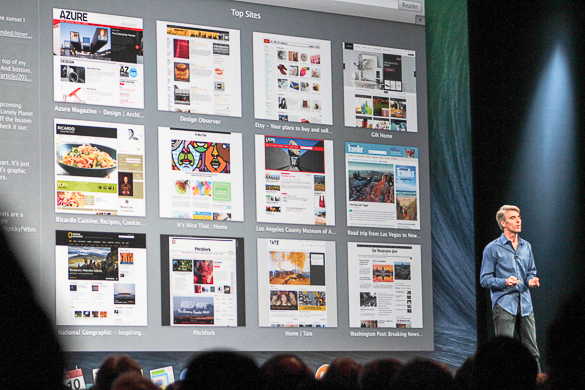
The other big reboot for Apple at WWDC was OS X. Leaving behind over a decade of big cats, ending in last year’s Mountain Lion, the new version of the desktop OS will be named after Californian locales. OS X Mavericks, which is coming this fall, is a notable improvement over the current version and one that’s even more cloud connected than before.
“The Mac has consistently outpaced the PC industry and OS X continues to be the most innovative and easy to use operating system in the world,” said Craig Federighi, Apple’s senior vice president of Software Engineering. “OS X Mavericks is our best version yet and features new Maps and iBooks apps, Finder Tags and Tabs, enhanced multi-display support, performance and energy saving features, and an all new Safari.”
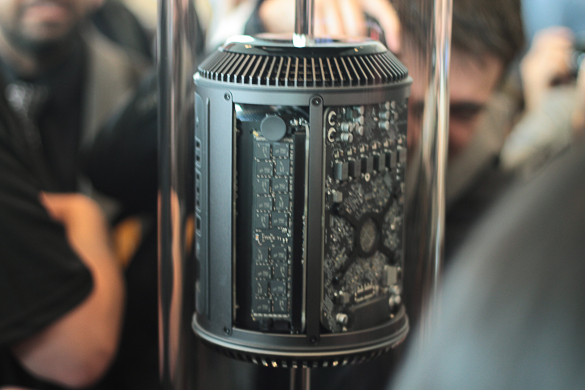
The new Mac Pro features up to 12 processor cores and the ability to edit 4K video on multiple screens
While the key announcements at the developer conference focused on software and operating systems, Apple managed to launch new MacBook Airs running new Intel architecture that enables tablet-like long battery life. 9-hours for the 11-inch MacBook Air as well as 12-hours for the 13-inch MacBook Air.
Apple also announced iTunes Radio, currently a US only free music streaming feature as well as the return of the Mac Pro in a revolutionary new design yet sporting various cutting edge technologies.



